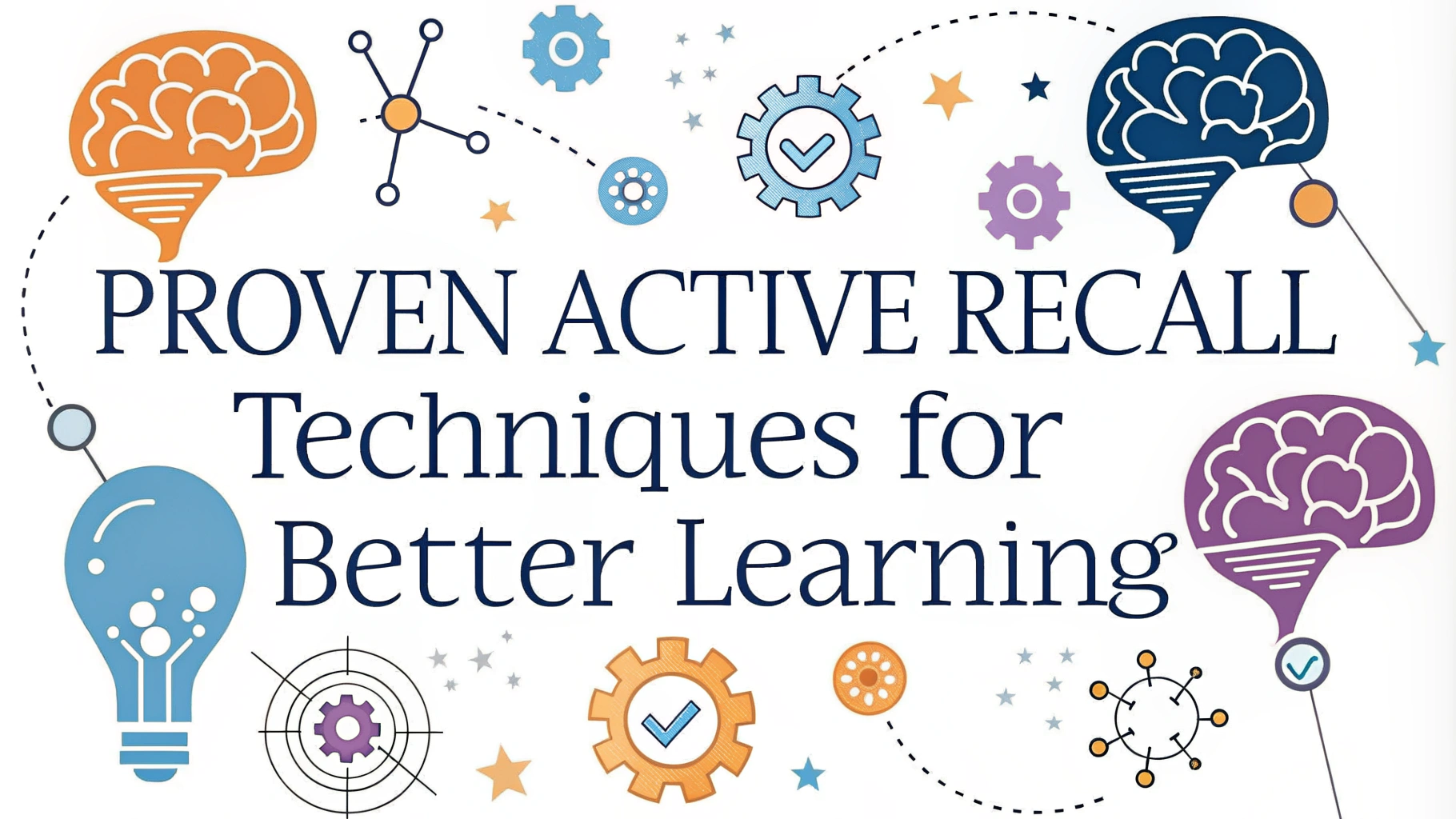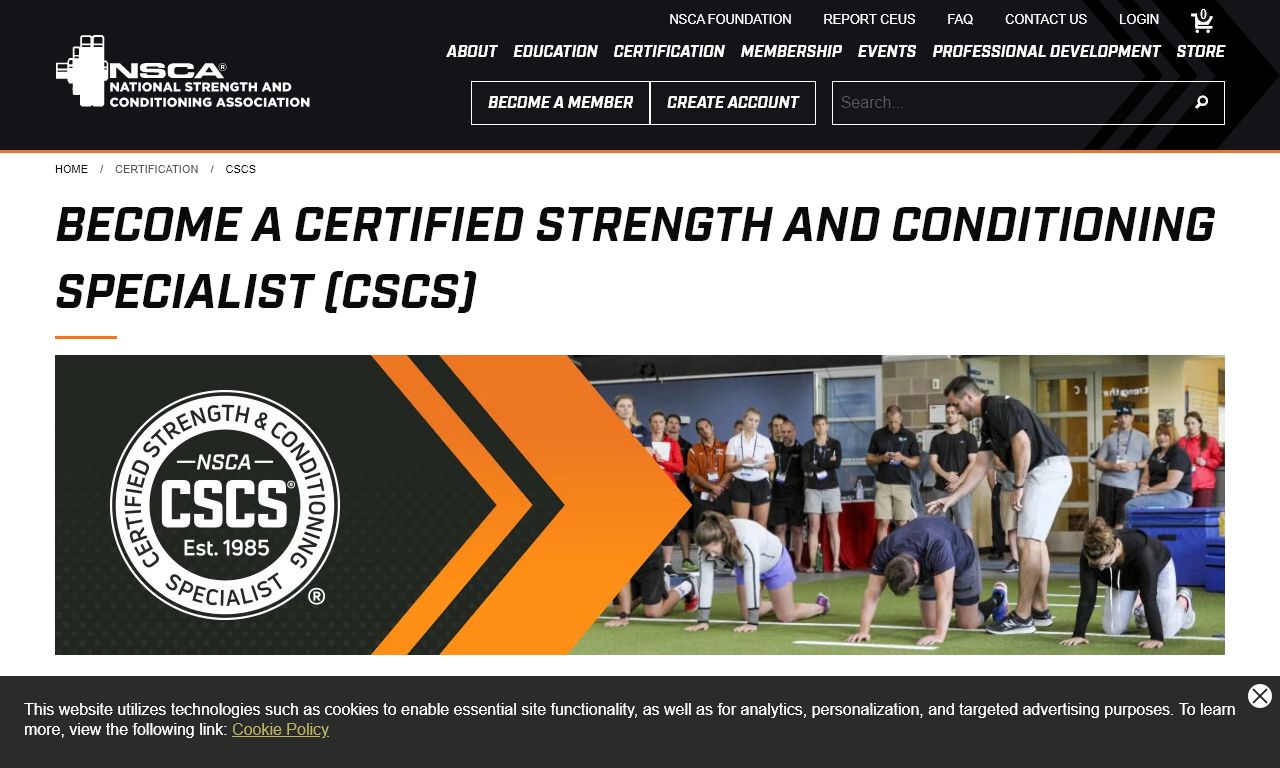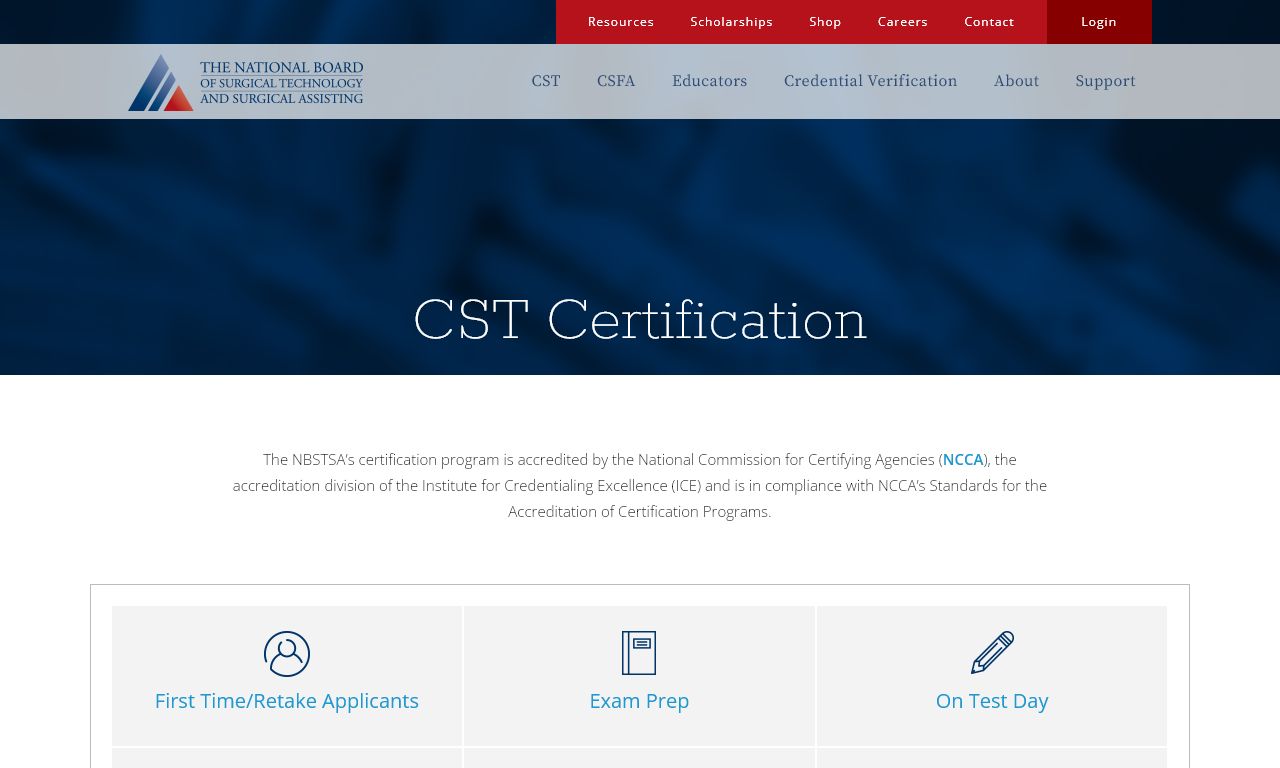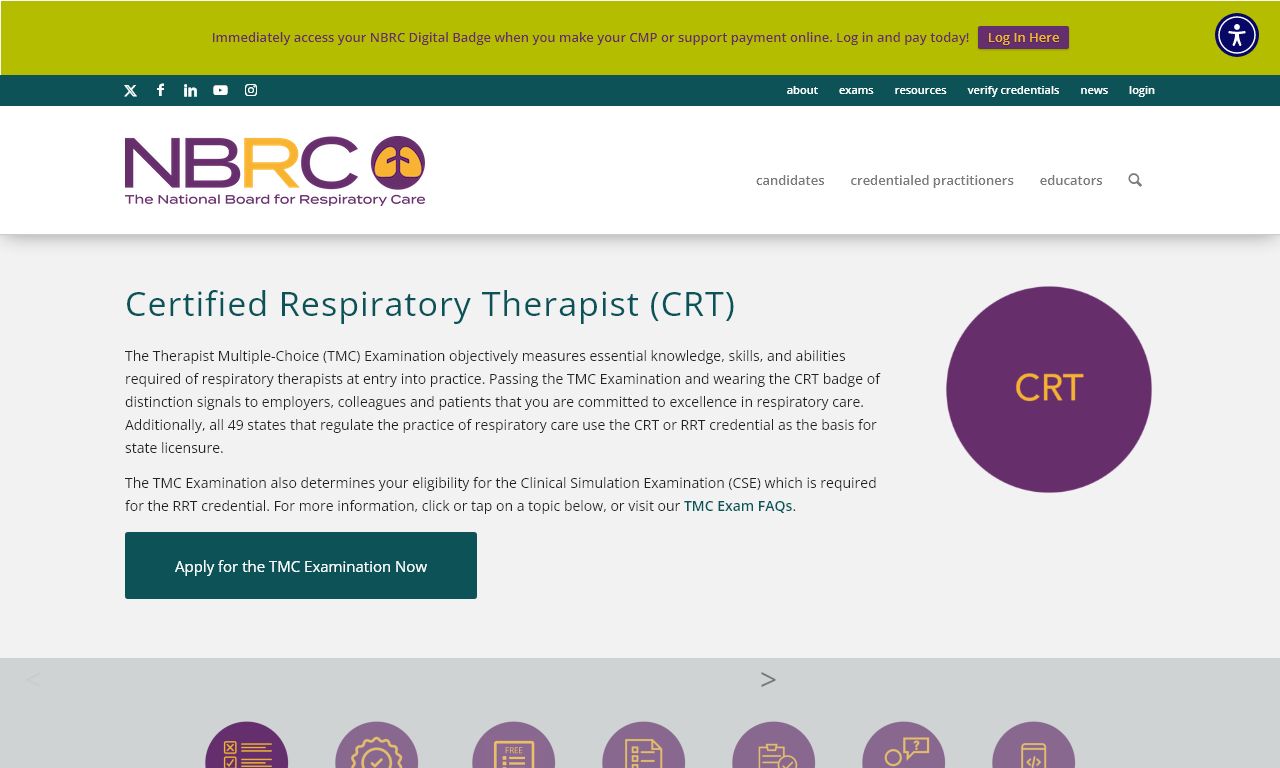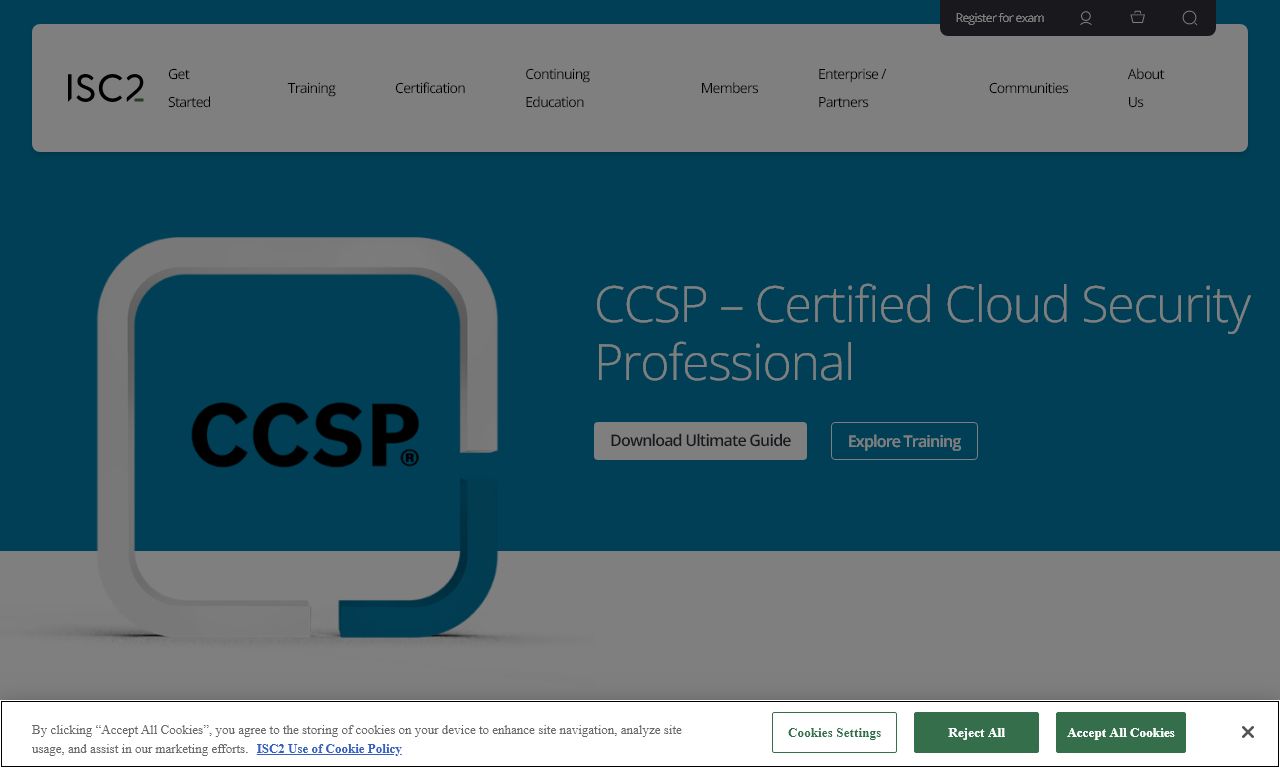Active recall helps you remember information better by making your brain work to retrieve it, unlike passive reading or highlighting.
10 Effective Active Recall Methods
- Practice Testing
- Create mini-quizzes after studying each topic
- Use flashcards (physical or apps like Anki)
- Write questions on one side of a paper, answers on the other
- The Feynman Technique
- Explain the concept to someone else (or pretend to)
- Identify gaps in your understanding
- Simplify complex ideas into basic terms
- Mind Mapping
- Draw connections between related concepts
- Use colors and images for better memory retention
- Start with main topic in center, branch out to subtopics
- Question Generation
- Turn headings into questions
- Create exam-style questions
- Write potential test questions while studying
- Blank Sheet Method
- Write everything you remember about a topic on blank paper
- Check notes for missing information
- Repeat until complete recall
- Summary Writing
- Write brief summaries after each study session
- Focus on main points without looking at notes
- Review and fill gaps afterward
- Teaching Others
- Form study groups
- Record yourself explaining concepts
- Help classmates understand difficult topics
- Practice Problems
- Solve problems without checking solutions
- Time yourself to simulate exam conditions
- Create variations of example problems
- Concept Maps
- Draw diagrams showing relationships between ideas
- Use arrows to show cause and effect
- Include examples for each concept
- Spaced Repetition
- Review material at increasing intervals
- Use apps like Anki or RemNote
- Schedule regular review sessions
Quick Tips for Implementation
- Start with one technique and master it before adding others
- Set aside specific time for active recall practice
- Use a timer to stay focused (25-minute sessions work well)
- Keep a log of which methods work best for different subjects
- Test yourself regularly, not just before exams
Recommended Tools
- Digital Flashcards: Anki (free), Quizlet, RemNote
- Mind Mapping: XMind, MindMeister, FreeMind
- Note-Taking: Notion, Evernote, OneNote
- Time Management: Forest App, Focus@Will
Track your progress by keeping a study journal and adjusting your methods based on results.
For more study resources and techniques, check educational websites like Learning Scientists or Coursera’s Learning How to Learn course.
Common Mistakes to Avoid
- Relying too heavily on highlighting and re-reading
- Waiting until exam time to start active recall
- Studying for too long without breaks
- Not reviewing material frequently enough
- Using too many techniques at once
Benefits of Active Recall
- Stronger long-term memory retention
- Better understanding of complex concepts
- Improved problem-solving abilities
- More efficient study sessions
- Increased confidence in test-taking
When to Use Each Method
Best for Factual Information
- Flashcards
- Practice testing
- Spaced repetition
Best for Complex Concepts
- Feynman Technique
- Mind mapping
- Teaching others
Best for Problem-Solving
- Practice problems
- Concept maps
- Question generation
Conclusion
Active recall is a powerful learning strategy that significantly improves retention and understanding. By incorporating these methods into your study routine and consistently practicing them, you’ll develop stronger learning skills and achieve better academic results. Remember to experiment with different techniques to find what works best for you, and maintain a regular review schedule for optimal results.
Start small, be consistent, and adjust your approach based on feedback and results. With time, these active recall methods will become natural parts of your learning process, leading to more effective and efficient studying.
FAQs
1. What exactly is active recall and why is it more effective than passive reading?
Active recall is a learning technique where you deliberately retrieve information from memory without aids. It’s more effective than passive reading because it strengthens neural pathways and improves long-term retention by forcing your brain to reconstruct memories.
2. How long before an exam should I start implementing active recall techniques?
Start implementing active recall at least 4-6 weeks before an exam, with regular practice sessions of 20-30 minutes. This spacing allows time for memory consolidation and reduces cramming-related stress.
3. What are the most effective ways to practice active recall?
The most effective methods include creating flashcards, teaching concepts to others, self-quizzing without notes, writing practice questions, and completing past exam papers without referring to study materials.
4. How does the Cornell Note-Taking System support active recall?
The Cornell method supports active recall by dividing notes into main points and questions. The questions column is used to test understanding by covering the answers and attempting to recall information from memory.
5. Can active recall be used for all types of subjects?
Yes, active recall can be adapted for any subject. For mathematical subjects, solve problems without looking at examples; for literature, recall plot points and themes; for sciences, explain concepts without references.
6. How do I know if I’m doing active recall correctly?
You’re doing active recall correctly if you’re attempting to retrieve information before checking your notes, experiencing some difficulty in recall, and testing yourself regularly rather than just reviewing material.
7. What’s the difference between active recall and spaced repetition?
Active recall is the method of retrieving information from memory, while spaced repetition is the scheduling system for when to practice recall. They work best when used together.
8. How can I combine active recall with digital tools?
Use apps like Anki, Quizlet, or RemNote for digital flashcards, create question banks in note-taking apps, or record yourself explaining concepts and play them back to check accuracy.
9. Should I practice active recall individually or in groups?
Both methods are effective. Individual practice allows for personalized pace and focus, while group practice adds accountability and enables explanation of concepts to others, which reinforces learning.
10. How do I prevent forgetting information after using active recall?
Combine active recall with spaced repetition, review material at increasing intervals, and connect new information to existing knowledge. Regular testing and application of concepts also helps prevent forgetting.
